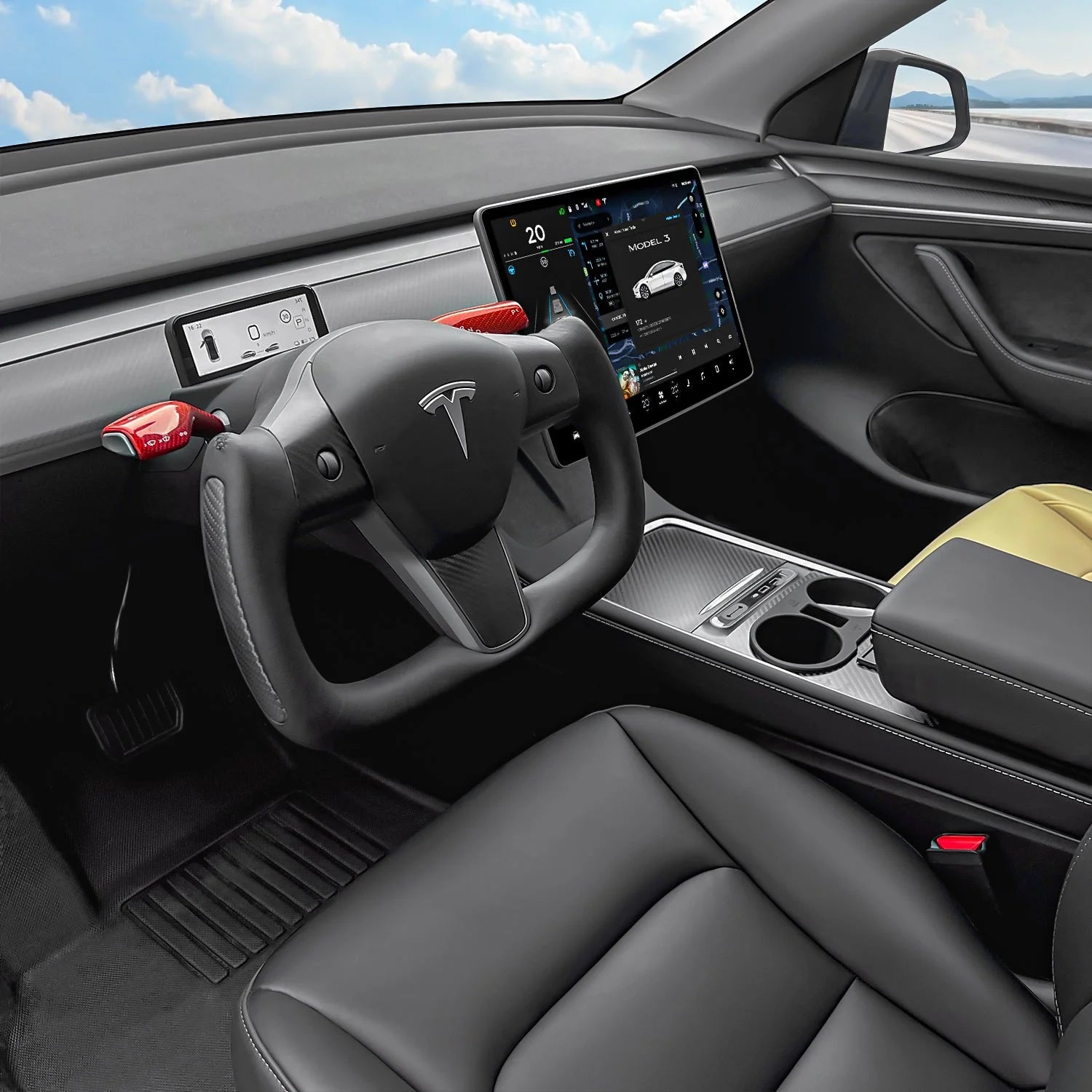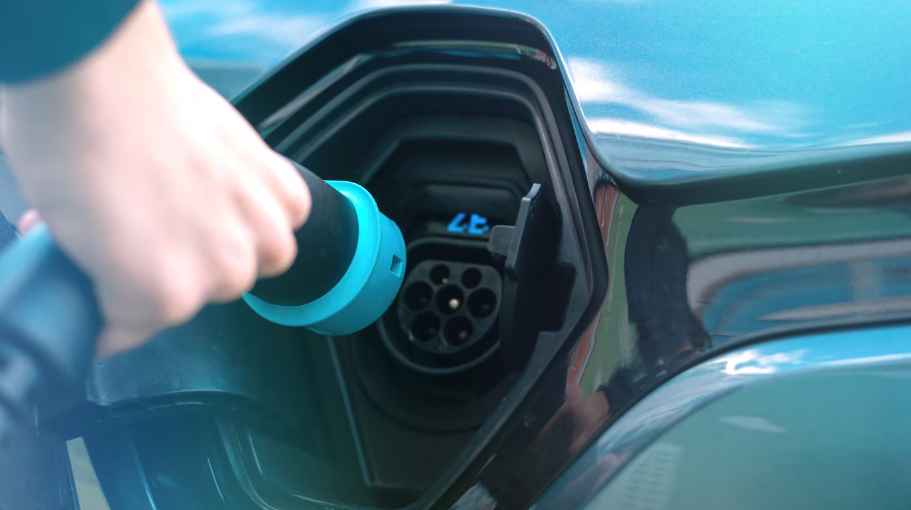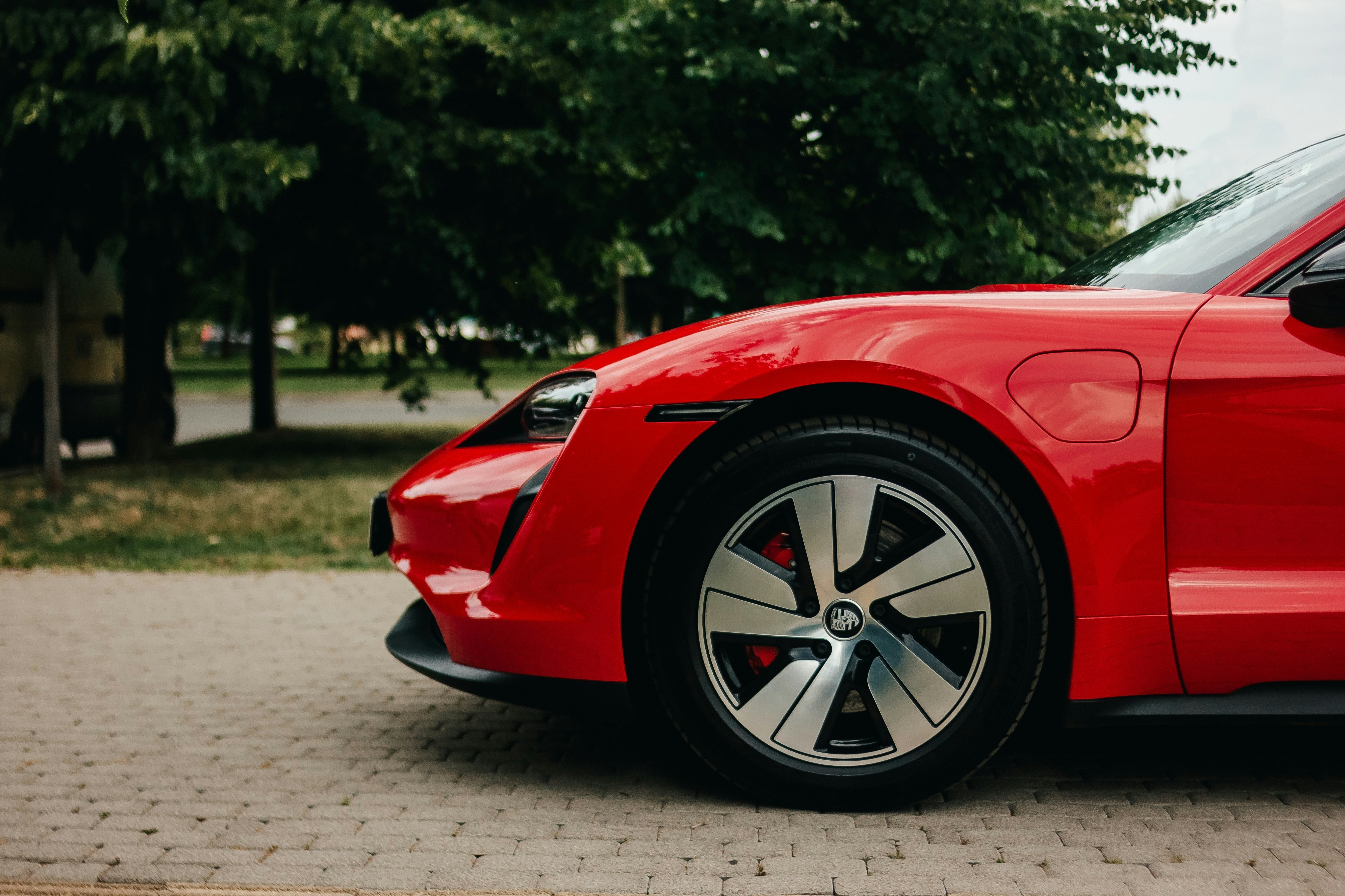Kann man ein EV-Ladegerät an ein Verlängerungskabel anschließen? Wenn das Ihre Frage ist, sind Sie sicher etwas verwirrt, was das Laden Ihres Elektrofahrzeugs angeht. Bei der großen Auswahl auf dem Markt kann es schwierig sein, den richtigen Adapter zu finden.
Machen Sie sich keine Sorgen mehr, denn dieser Artikel erklärt Ihnen fast alles über Ladeadapter für Elektrofahrzeuge. Wir zeigen Ihnen die verfügbaren Typen, wie Sie deren Passform sicherstellen und worauf Sie bei der Auswahl achten sollten.
Also, fangen wir an.
Welche verschiedenen Arten von Ladeanschlüssen für Elektrofahrzeuge gibt es?
Aus Sicht des Ladens von Elektrofahrzeugen sollten Sie sich über die verschiedenen Ladeanschlüsse für Elektrofahrzeuge informieren. Jeder Anschlusstyp ist auf unterschiedliche Ladestandards und Elektrofahrzeuge abgestimmt.
Hier ist ein kurzer Überblick über die wichtigsten Typen, auf die Sie stoßen werden:
Typ 1
Die Typ-1-Stecker, auch bekannt als J1772, werden hauptsächlich in Nordamerika und Japan verwendet. Der Stecker verfügt über fünf Pins, unterstützt Wechsel- und Gleichstrom und eignet sich sowohl für das Laden zu Hause als auch für öffentliche Ladestationen. Wenn Sie Marken wie Nissan oder Chevrolet fahren, ist die Wahrscheinlichkeit groß, dass er einen Typ 1-Stecker.
Typ 2
Typ-2-Stecker sind in ganz Europa weit verbreitet und haben sich zum Standard für alle EU-Elektrofahrzeugmarken entwickelt. Dieser Stecker verfügt über sieben Pins und unterstützt sowohl einphasiges als auch dreiphasiges Laden. Dadurch wird das Laden schneller und effizienter. Die meisten Europäische Elektrofahrzeuge, darunter Tesla, BMW, Volkswagen und andere große Marken, sind mit einem Typ 2 (CCS2) Anschluss, wodurch es mit den meisten öffentlichen Ladestationen auf dem gesamten Kontinent kompatibel ist.
CHAdeMo
CHAdeMo: Dies ist der japanische Schnellladestandard, der hauptsächlich von japanischen Herstellern wie Nissan und Mitsubishi verwendet wird. Dieser Anschluss ist für Gleichstromladung vorgesehen und lädt Ihr Auto deutlich schneller als aktuelle Wechselstromladegeräte. CHAdeMo-Stationen werden immer beliebter, insbesondere für diejenigen, die unterwegs schnell laden müssen.
CCS
Das kombinierte Ladesystem (CCS) ist eine in Europa und Nordamerika weit verbreitete Schnellladeoption. Sie ermöglicht sowohl Wechselstrom- als auch Gleichstromladen und bietet Fahrern damit Flexibilität. Viele moderne Elektroautos, beispielsweise von Ford und BMW, verwenden CCS-Anschlüsse. An den meisten öffentlichen Ladestationen finden Sie Schnellladegeräte für CCS, was diese Option für Elektroautobesitzer zu einer einfachen und bequemen Wahl macht.
In Nordamerika verwendet Tesla ein anderes System namens NACS (North American Charging Standard). Auch andere Automarken verwenden NACS, sodass es in dieser Region immer beliebter wird.
Faktoren, die bei der Auswahl des EV-Autoadapters zu berücksichtigen sind
Es wird viel darüber nachgedacht, welche EV-Autoadapter, anstatt einfach nur eine Wahl zu treffen. Im Folgenden finden Sie einige wichtige Aspekte, die Ihnen bei der Auswahl Ihres Elektrofahrzeugs am besten helfen können:
Kompatibilität mit dem Fahrzeug
Prüfen Sie zunächst die Kompatibilität mit dem Fahrzeug. Jedes Elektrofahrzeug hat seinen eigenen Anschlusstyp. Prüfen Sie daher, welcher für Ihr Fahrzeug geeignet ist. Wenn Ihr Fahrzeug beispielsweise einen Ladeanschluss Typ 1 und die Ladestation einen Anschluss Typ 2 hat, benötigen Sie einen hochwertigen Typ 2 auf Typ 1 Ladekabeladapter für Elektroautos.
Welchen Adaptertyp Ihr Fahrzeug benötigt, können Sie in der Bedienungsanleitung Ihres Fahrzeugs oder in den Online-Spezifikationen nachlesen. So stellen Sie die Kompatibilität sicher und ersparen sich Ärger beim Laden Ihres Autos.
Ladegeschwindigkeit
Ein weiterer sehr wichtiger Faktor ist die LadegeschwindigkeitNicht alle Adapter unterstützen die gleiche Ladegeschwindigkeit. Wenn Sie Ihr Elektrofahrzeug dringend laden müssen, suchen Sie nach einem Schnellladeadapter, der Gleichstrom (DC) wie CCS oder CHAdeMo unterstützt. Für den alltäglichen Gebrauch reicht möglicherweise ein Standard-AC-Adapter (z. B. Typ 1 oder Typ 2) aus. Berücksichtigen Sie bei der Auswahl eines Adapters Ihre Fahrgewohnheiten und die benötigte Ladegeschwindigkeit.
Bequemlichkeit
Denken Sie schließlich an die Benutzerfreundlichkeit. Überlegen Sie, wie und wo Sie Ihr Fahrzeug laden möchten. Wenn Sie nur zu Hause laden, benötigen Sie einen Adapter, der kompakt und einfach zu bedienen ist. Wenn Sie häufig öffentliche Ladestationen nutzen, benötigen Sie einen Adapter, der an vielen Ladestationen universell akzeptiert wird.
Einige Adapter verfügen über längere Kabel, was besonders praktisch ist, wenn Sie in engen Bereichen Anschlüsse benötigen. Wählen Sie einen Adapter, der sich problemlos in Ihren Lebensstil einfügt, um das Laden so einfach wie möglich zu gestalten.
Wenn Sie diese Faktoren berücksichtigen, können Sie den richtigen EV-Autoadapter auswählen, der Ihren Anforderungen entspricht und Ihr Fahrerlebnis insgesamt verbessert.
Kann man ein EV-Ladegerät an ein Verlängerungskabel anschließen?
Sie fragen sich vielleicht, ob Sie ein EV-Ladegerät an ein Verlängerungskabel anschließen können. Im Allgemeinen sollten Sie das nicht tun.
Die meisten Ladegeräte für Elektrofahrzeuge verbrauchen viel Strom, und das kann für ein normales Verlängerungskabel zu viel sein. Ein falsches Verlängerungskabel kann zu Überhitzung und sogar zu Bränden führen.
Wenn Sie unbedingt ein Verlängerungskabel benötigen, achten Sie darauf, dass es robust und für Hochspannung ausgelegt ist. Aber selbst mit dem richtigen Kabel können längere Kabel die Ladegeschwindigkeit und -effizienz beeinträchtigen.
Die sicherste Option ist die Nutzung einer eigenen Ladestation bei Ihnen zu Hause. Dies gewährleistet ein schnelleres und sichereres Laden Ihres Elektrofahrzeugs. Kurz gesagt: Vermeiden Sie die Verwendung eines Verlängerungskabels zum Laden Ihres Elektrofahrzeugs.




